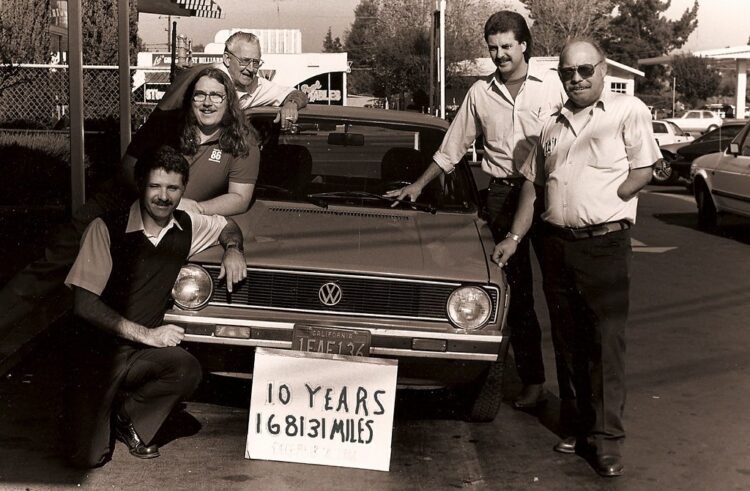
There’s something about the 1980s that feels like a deep exhale—life moved slower, expectations were lower (in a good way), and somehow, things just made more sense. Here’s a nostalgic look at 15 ways life was gloriously simpler in the ’80s.
No One Expected You to Be Reachable 24/7
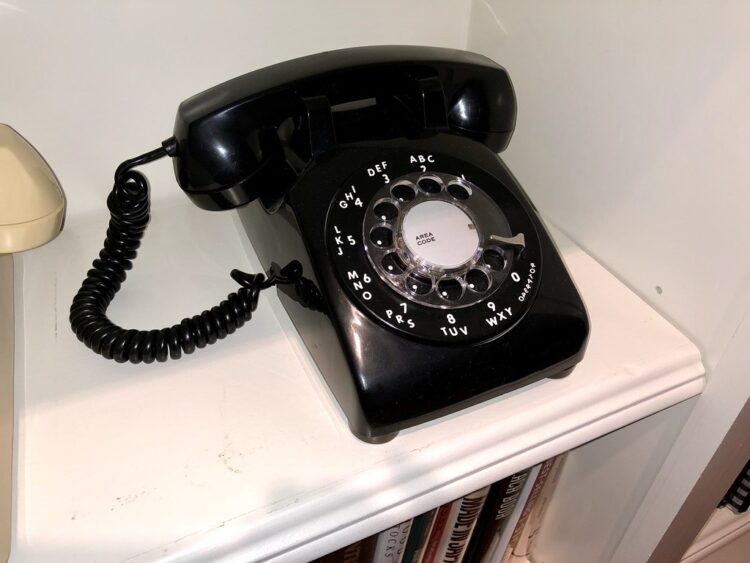
If you left the house, that was it—you were off the grid. No smartphones buzzing with texts, emails, or Slack messages. People called your landline, left a message, and waited. There was no guilt in taking your time to respond. Being “unavailable” wasn’t rude—it was normal. You weren’t ignoring anyone. You were just… living.
Weekend Plans Were Made in Advance (and Stuck To)
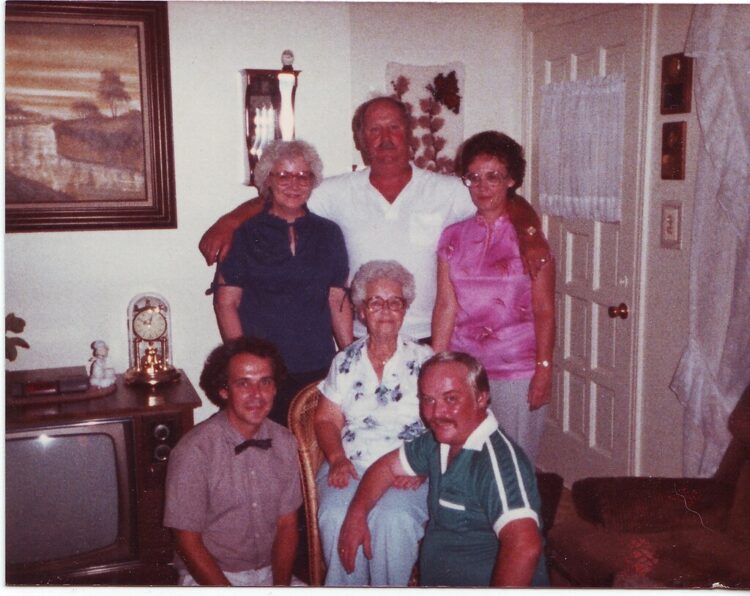
No texting “still coming?” or sending last-minute cancellations. You made plans, wrote them in your Lisa Frank planner (or told your mom), and showed up. If someone bailed, it was a big deal. No ghosting, no endless rescheduling. Just solid commitments and the unspoken rule that “Saturday at 3” actually meant Saturday at 3.
Kids Played Outside Until the Streetlights Came On
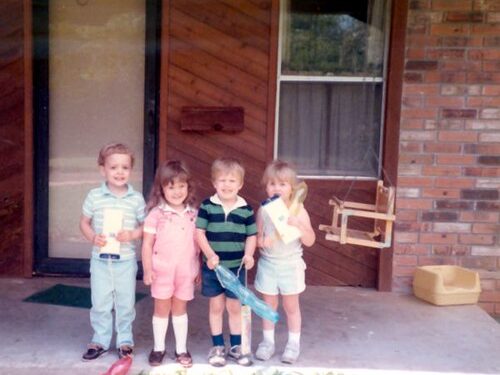
No need for parental group chats or safety-tracking apps. You left the house on your bike after breakfast and came home dirty, scraped, and tired, when the streetlights flickered on. It was a childhood powered by imagination, not notifications. There were rules, sure, but mostly? You were free to roam and figure things out.
You Could Disappear Into a Movie Without Spoilers
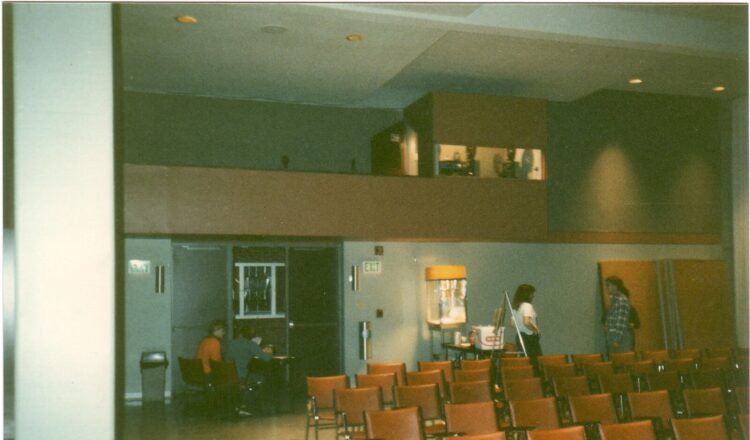
Movies were events. You bought a ticket, got popcorn, and soaked it all in—without knowing the ending. Spoilers were rare unless someone ruined it face-to-face. No Twitter threads, no YouTube breakdowns. You actually experienced the plot in real time, with zero digital commentary. Films were for the big screen, not background noise while scrolling.
Music Was Something You Waited For
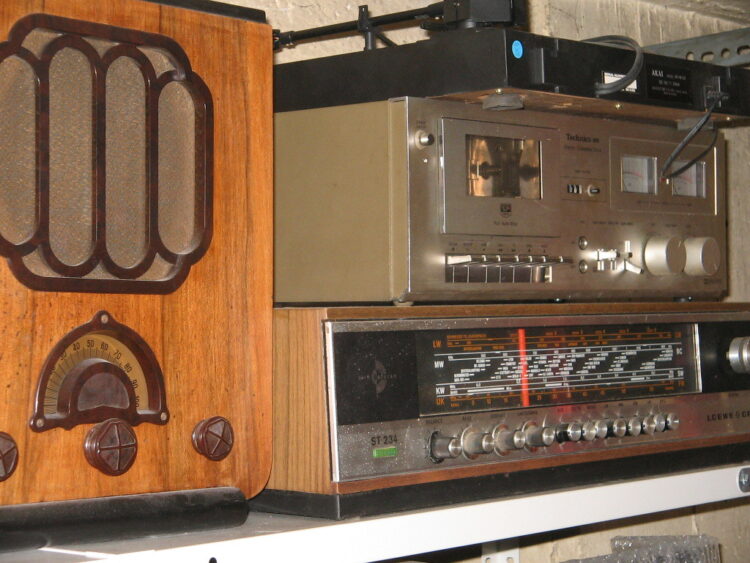
You had to sit by the radio for your favorite song or save up for the cassette. No playlists at your fingertips. Albums were listened to start to finish, not shuffled. And recording a mixtape? A labor of love. You actually earned your music, which made it feel personal, memorable, and somehow more alive.
News Came in Manageable Doses

The evening news and the morning paper were your only sources. No constant pings of “breaking” headlines or doomscrolling at midnight. You learned what you needed to know, then moved on with your day. The world felt less frantic, less like a storm of hot takes and more like a slow drip of actual events.
Photos Were Printed, Not Perfect
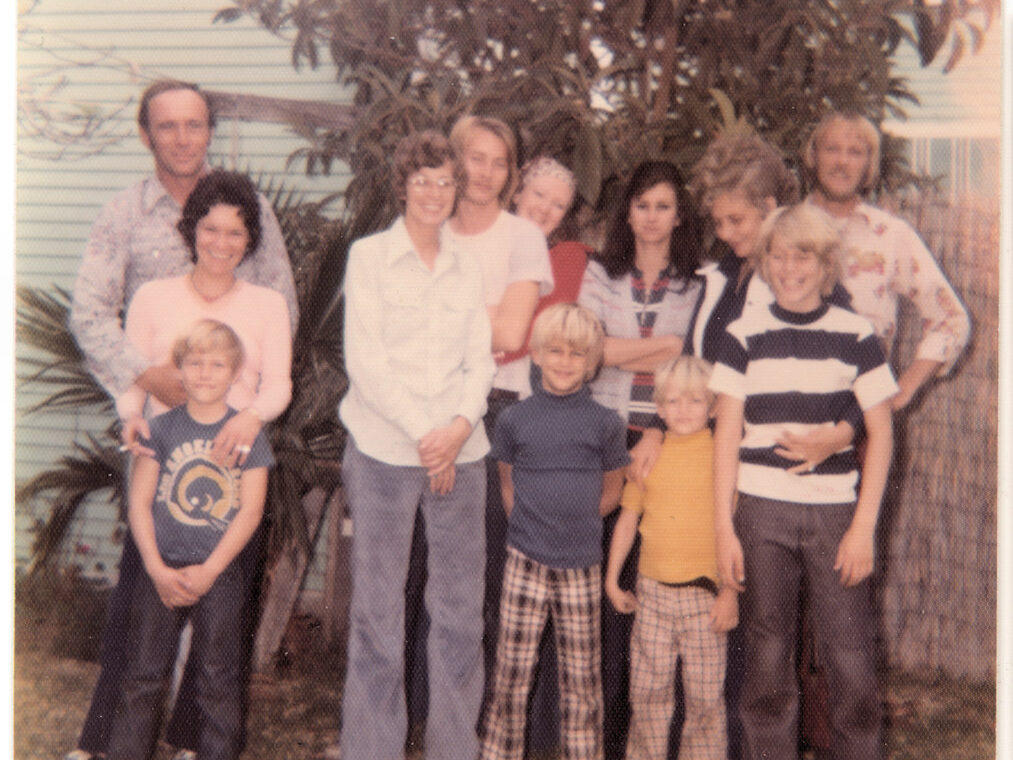
You snapped a photo, crossed your fingers, and waited a week to see it. No filters, no retouching, no deleting 28 versions to find “the one.” What you got was what you kept—blinks, crooked smiles, red eyes, and all. Those pictures told the truth, and that honesty somehow made them more special.
Shopping Was an Activity, Not a Reflex
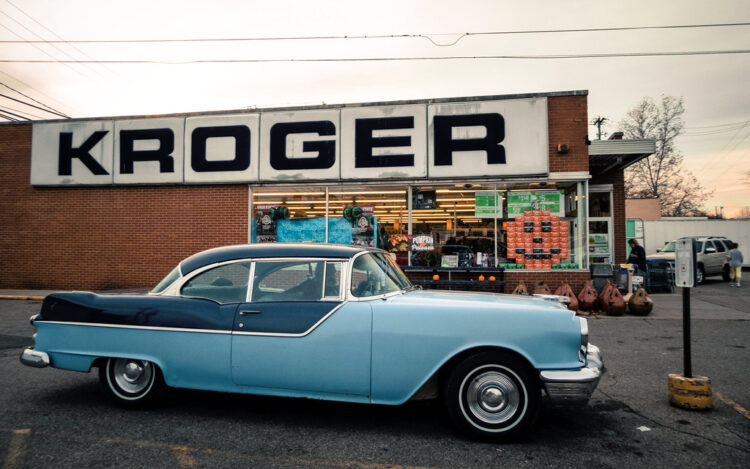
Shopping meant leaving your house, walking through a mall, and actually trying things on. You talked to people. You felt the fabric. And if something was sold out? You moved on. There was no 2 a.m. impulse buy with one click. It took effort, and because of that, you purchased less but valued it more.
People Watched TV Together at the Same Time
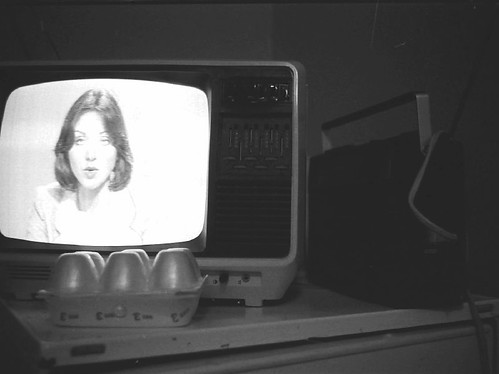
Shows aired once a week, and if you missed it, you missed it. Families gathered around one TV, not four separate screens, in different rooms. It was an experience you shared—with your parents, your friends, even your classmates the next day. Watching was social, not solitary. And commercials were your snack break, not a nuisance.
You Could Just… Be Bored
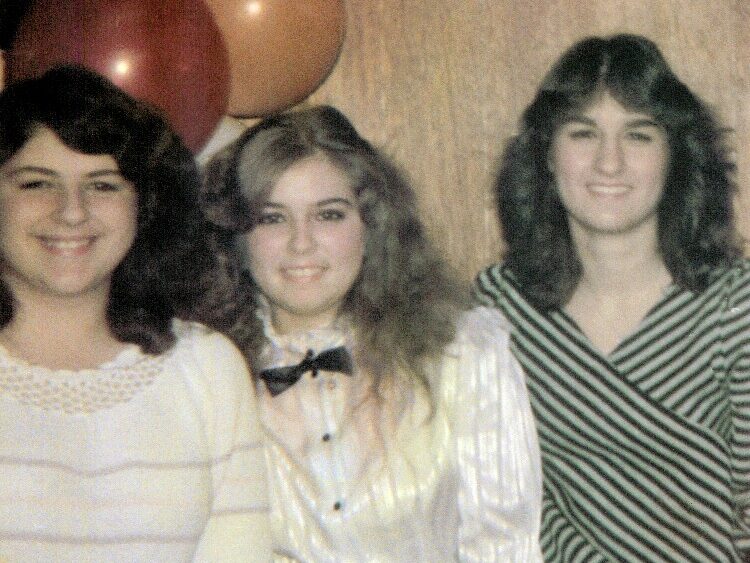
Boredom wasn’t a crisis; it was part of life. You lay on the floor, stared at the ceiling, or wandered outside. No endless streams of content to scroll through. That mental downtime created space for imagination, curiosity, and the kind of weird, wonderful creativity kids rarely tap into now. Sometimes, doing “nothing” led to everything.
Birthdays Were for Cake and Balloons, Not Viral Content

Birthday parties didn’t require hashtags, themed photoshoots, or viral-worthy moments. You had cake, streamers, and a bunch of kids hopped up on sugar. Parents took a few blurry photos on a film camera. That was enough. The celebration wasn’t for public display—it was for you. And it still felt like the best day ever.
You Had to Actually Remember Things
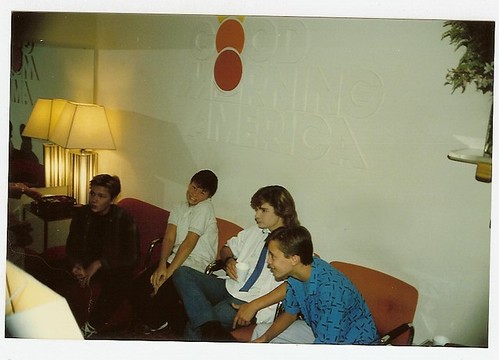
No smartphones to store phone numbers, passwords, or directions. You memorized stuff. You knew your best friend’s number, your home address, and how to get to grandma’s without a map. Your brain held actual data, not just vibes. And weirdly, it worked. There was a sense of ownership in knowing things without needing to Google.
Magazines Were a Whole Vibe
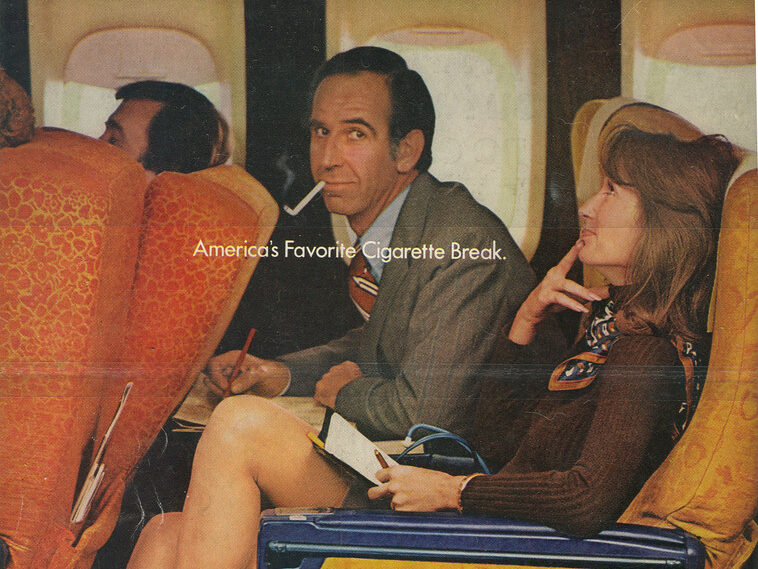
Magazines were curated joy. You didn’t scroll endlessly—you flipped through pages. Whether it was Rolling Stone, Seventeen, or MAD Magazine, each issue felt like a mini world. You read horoscopes, dog-eared posters, and absorbed trends without algorithms telling you what to like. It wasn’t content. It was culture—delivered monthly and treasured in stacks.
Calling Someone Meant Something
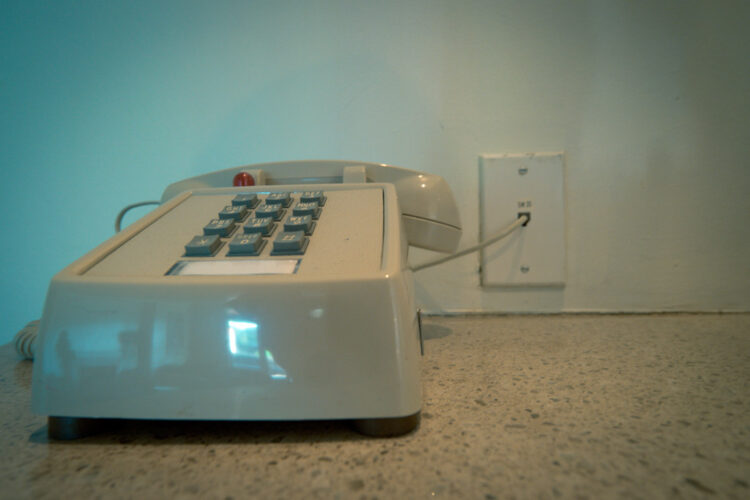
Simplicity Wasn’t a Trend—It Was Reality
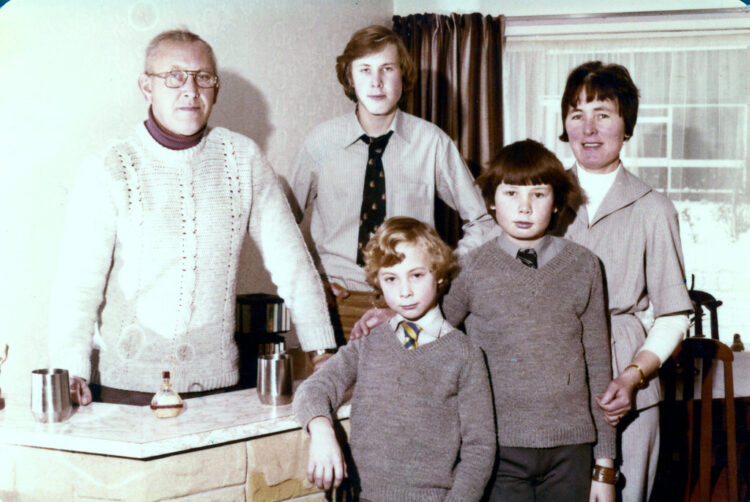
There was no movement for “slow living.” It just was. You owned fewer things, had fewer distractions, and made do with what you had. Convenience didn’t mean instant gratification—it meant knowing where your keys were. Life wasn’t curated—it was lived. And maybe that’s why so many people still look back on the ’80s with a smile.

